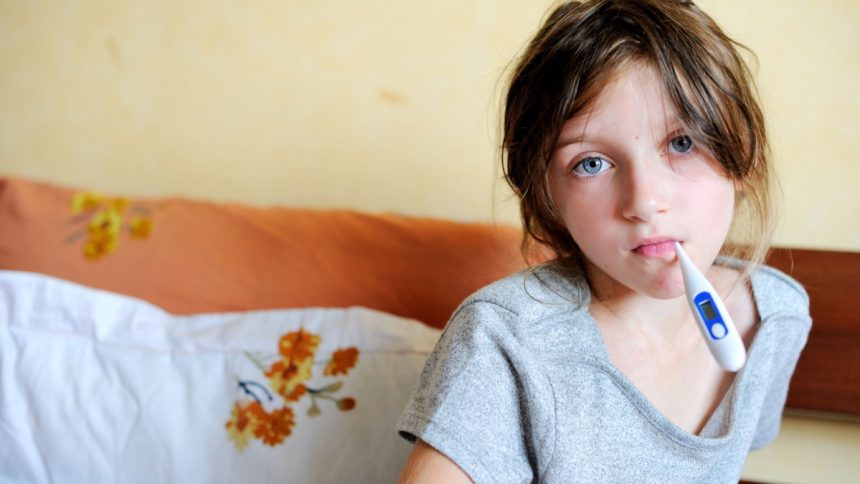With rising school stationery prices and the juggle of school and work schedules, parents and carers preparing students for Term one in this new school year have a lot on their minds.
For many families, worrying about the inevitable back-to-school illness is another big concern.
Associate Professor Lara Herrero is the Research Leader at the Griffith University Institute for Glycomics; she says now is a good time for parents to prepare themselves.
“As our kids head back to school, it’s common to see an increase in what is referred to as ‘back-to-school’ illnesses,” she told EducationDaily.
“Although there is limited data to conclusively show these infections increase with the return to school, there is a general acceptance that certain infections/illnesses are more commonly spread amongst children. These include respiratory viruses such as rhinovirus (cold), influenza (flu), SARS-CoV-2(Covid-19), croup (RSV/parainfluenza), skin infections (impetigo, ringworm, scabies), head lice, gastroenteritis (norovirus, rotavirus, enterovirus) and conjunctivitis.”

Associate Professor Herrero says there are a range of reasons that mean children are more likely to spread illness.
“Children love to socialise, explore, play and share,” she told EducationDaily.
“They also are often not great at hygiene measures. This means that when one child gets sick, they often pass on the infection fast. In a school environment, kids are in close proximity, and this makes it easier for infections to spread.”
She shared eight important rules to help avoid back-to-school illness:
- Wash your hands.
- Don’t share – this may go against one of life’s golden rules, but it’s important to teach kids not to share personal items such as water bottles, earbuds, hats, brushes and lip balms.
- Cover sneezes and coughs – sneeze and cough into the crook of your elbow or a tissue, not your hands. And be sure to wash your hands afterwards.
- Keep your hands off your face – teach them to keep their fingers out of their mouths, noses and ears.
- Eat fresh fruit and vegetables and reduce processed foods – good nutrition is important for a strong immune system.
- Get a good night’s sleep – sleeping is also critical for the immune system. Children aged 10 to 17 need 8.5 to 9.5 hours of sleep; children aged five to 10 need 10 to 11 hours of sleep; and children aged three to five need 11 to 13 hours of sleep.
- Get all your vaccinations.
- Finally, if your child is sick, keep them away from school/daycare and check the recommended exclusion periods.
Seek health advice from reputable sources
For adults and children keen to get a better education around staying healthy and learning how to prevent unwanted sickness, there is lots of helpful information online – but look for a reputable site, like Health Direct.
Whether 2024 is a time to return to school, or for new students to start their educational journey, taking the stress out of back-to-school season by understanding some health-focused basics can help your family get Term one off to the best possible start.








